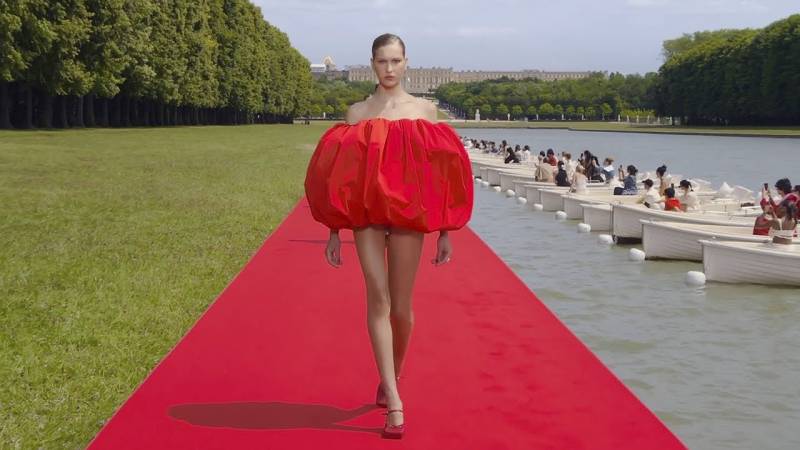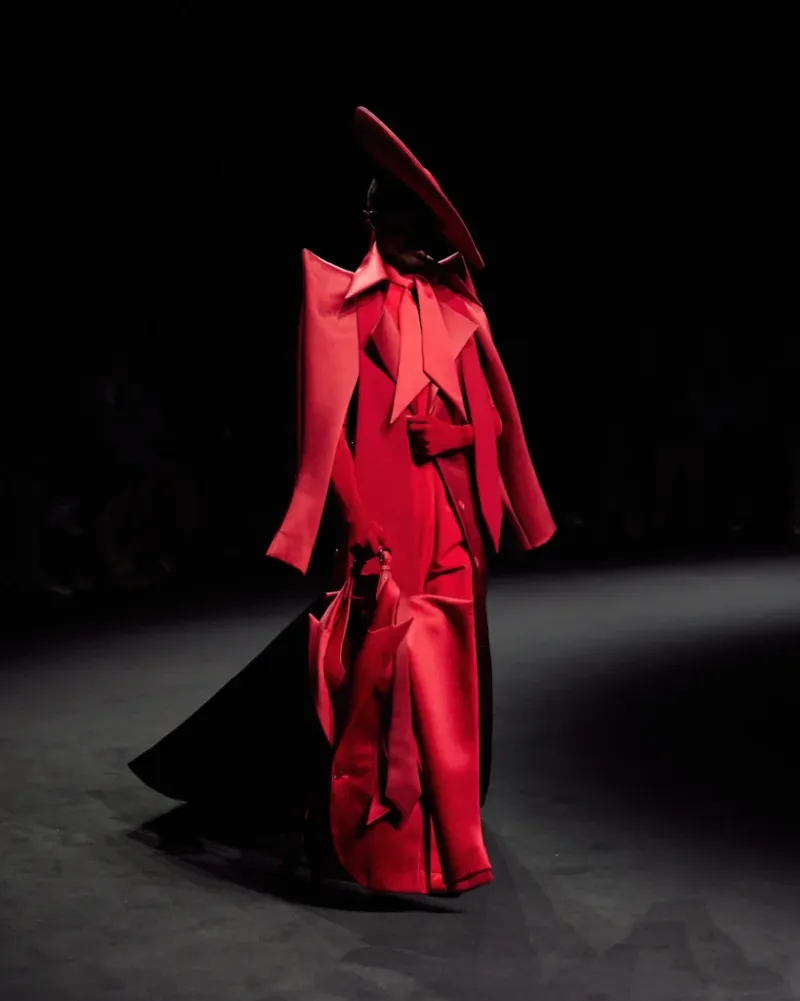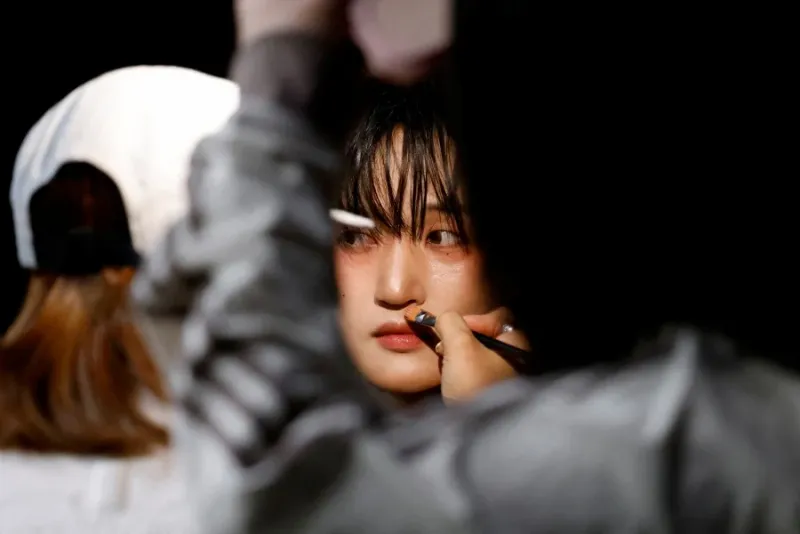Once celebrated for its uncanny wit and runway theatre, Moschino has found itself at the epicentre of a fresh controversy—its once-irreverent brand now perceived by some as out of sync with today’s fashion pulse. Long known for its playful subversion—think fake Chanel, whimsical McDonald’s gowns—the house’s new creative direction under Adrian Appiolaza has sparked divided opinions.
This past Milan Fashion Week unveiled the Fall/Winter 2025 runway, a bold commentary on deconstruction and sustainability. Models strode down amid confetti, sporting unfinished garments with visible basting, cushion-headgear puffers, and even couture built from repurposed trash bags. Slogans like “Don’t be silent” and archival “Save our Sphere” tees anchored the spectacle with clear environmental intent.
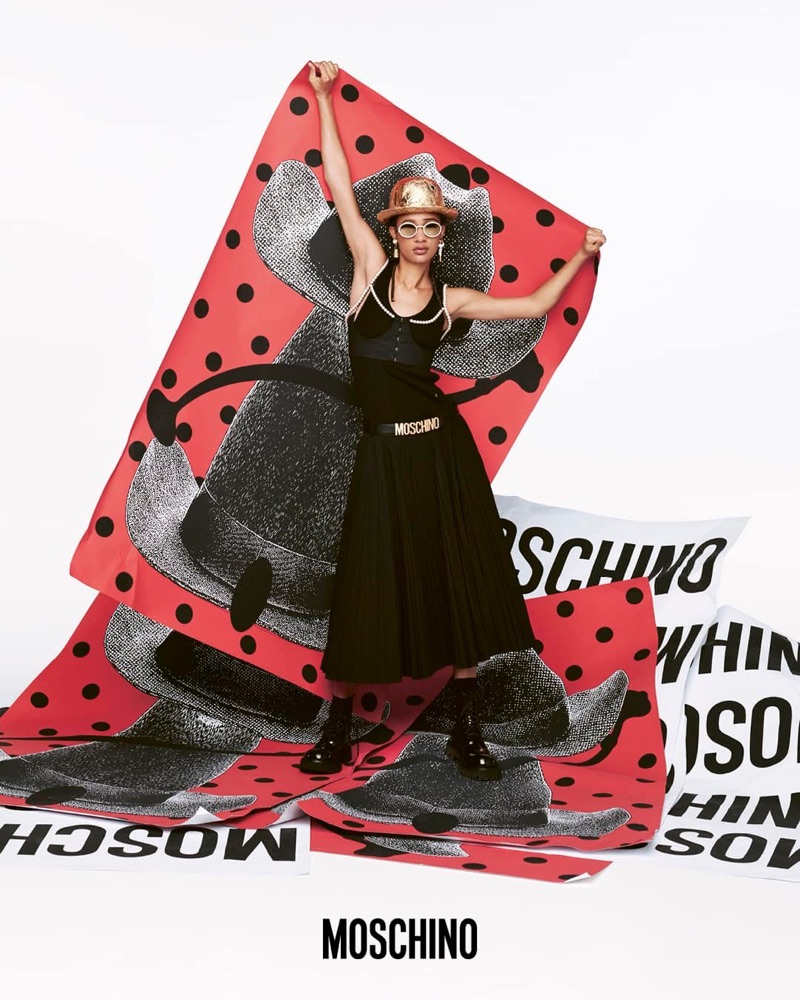
Read Also: Maria Grazia Chiuri's latest Dior show Rome
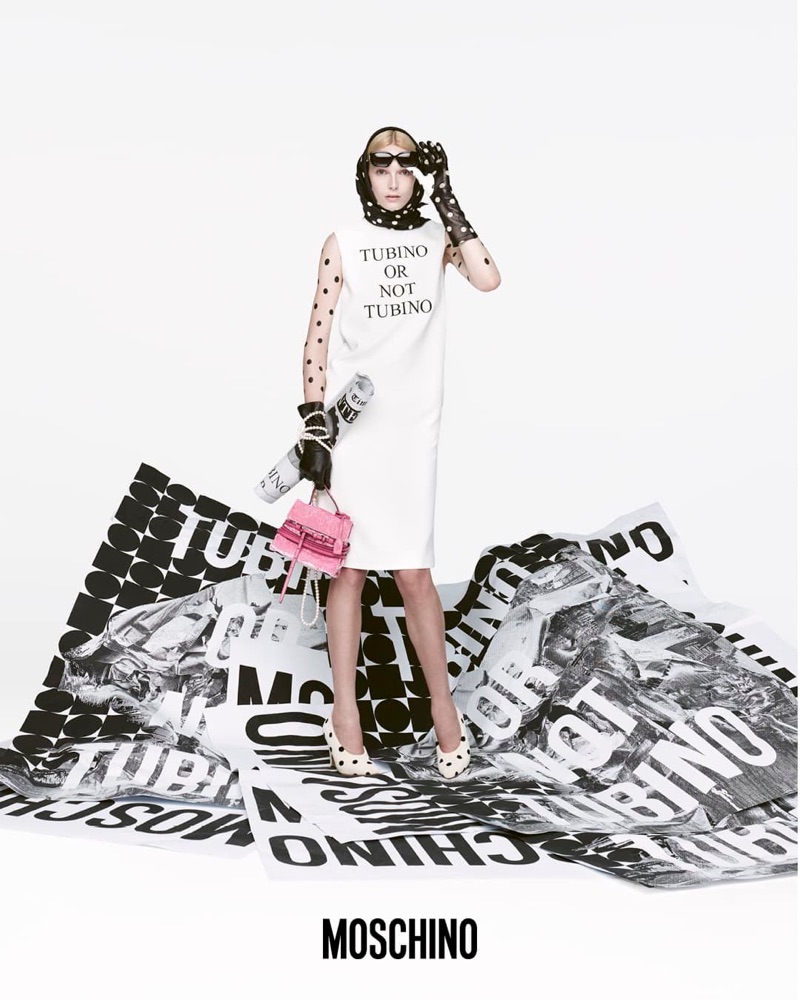
However, the reaction was polarized. Critics argue that Moschino’s new voice veers too serious, abandoning the biting humour that once defined Franco’s legacy—and even the camp flamboyance of Jeremy Scott’s era. One forum user lamented: “I miss the whimsy… this is all a little too serious and lacking the fun”. Supporters, meanwhile, praise the brand’s pivot toward conscience and craftsmanship, highlighting Appiolaza’s resourcefulness in merging archives with modern sustainability.
At the core, Moschino is walking a tightrope between satire and substance. Its pivot to environmental messaging reflects a broader industry shift—fashion houses are increasingly expected to speak on climate and waste. The challenge lies in retaining brand DNA amid evolving values. Appiolaza appears eager to honor Franco’s ironic intelligence while addressing today’s social imperatives—his confetti-laden finale may have shouted celebration, but the mood was undeniably reflective. Add complexity with the brand’s back story: following the tragic passing of Davide Renne in late 2023, Appiolaza’s ascent in early 2024 marked a poignant turning point. His stewardship, though steeped in deconstruction, may feel too cerebral for fans accustomed to over-the-top theatrics. Even Vogue noted the collection's "quiet joy" yet observed that multiple concepts sometimes jostled awkwardly.
What’s undeniable: Moschino is evolving. The house’s signature cheek remains, but it's increasingly layered beneath couture speak and social commentary. Whether this evolution revitalizes the brand or alienates loyal followers will be the measuring stick in upcoming seasons. For those watching fashion’s dramatic arcs, Moschino’s “dramatic descent”—or subtle renaissance—makes for a compelling story: a brand rediscovering its conscience, grappling with identity, and asking if irony can coexist with earnestness. As sustainability saturates luxury, Moschino’s next question looms: can it remain playful while preaching purpose?
